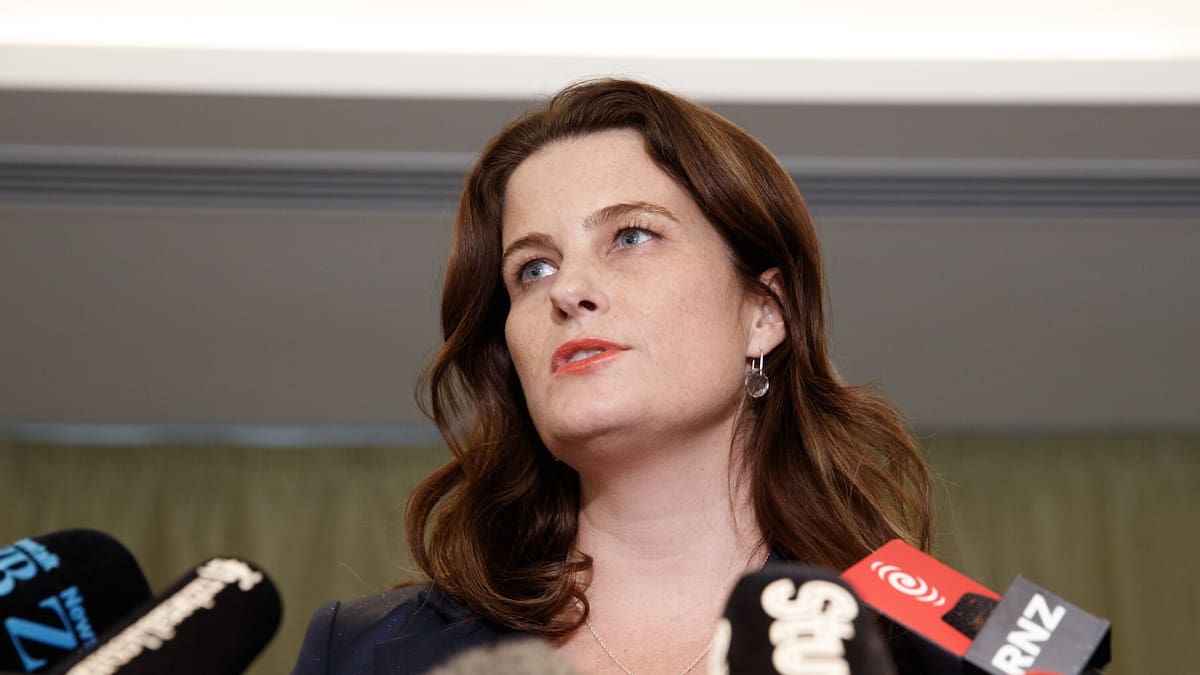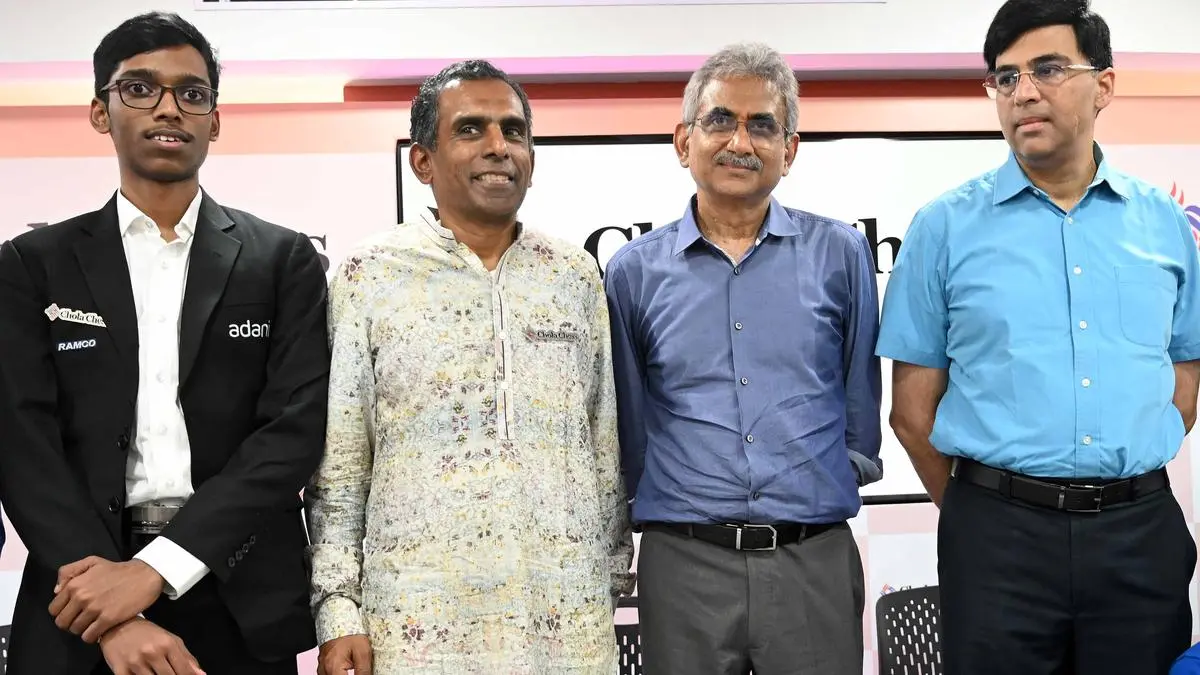BRICS Nations Demand Major Overhaul of IMF: Calls for Fairer Voting & End to European Leadership

Dublin, Ireland – Finance ministers from the BRICS economic bloc – Brazil, Russia, India, China, and South Africa – have issued a strong call for sweeping reforms within the International Monetary Fund (IMF). Speaking on Saturday, the ministers outlined a series of proposals aimed at addressing what they see as systemic imbalances and a lack of representation within the global financial institution.
The core of their demands centres on a fundamental restructuring of the IMF’s governance. Currently, voting rights within the IMF are heavily skewed towards wealthier nations, particularly those in Europe and North America. The BRICS nations, representing a significant portion of the world’s population and economic output, argue that this system is outdated and fails to reflect the evolving global economic landscape. They are pushing for a new distribution of Special Drawing Rights (SDRs) - the IMF’s unit of account – which would grant BRICS countries a more equitable share of voting power.
“The current system doesn't reflect the reality of the 21st-century global economy,” stated a spokesperson for the BRICS group. “We believe a fairer distribution of voting rights is crucial for the IMF to effectively address the challenges facing developing nations and maintain its credibility as a global financial leader.”
Beyond voting rights, the BRICS ministers also took aim at the tradition of European leadership within the IMF. Since its inception, the IMF has consistently been headed by a European national, a practice the BRICS group views as inherently biased and limiting. They are advocating for an end to this convention and a more geographically diverse leadership structure, arguing that a leader from a developing nation would bring a fresh perspective and better understanding of the needs of emerging economies.
This isn't the first time the BRICS nations have voiced concerns about the IMF's governance. They have been steadily building momentum for reform over the past decade, recognizing the need for a more inclusive and representative global financial architecture. The renewed push comes at a time of increasing global economic uncertainty, with many developing countries facing significant challenges including rising debt levels and the impacts of climate change.
The IMF has acknowledged the need for reform, but progress has been slow. The BRICS nations’ unified proposal is expected to put further pressure on the institution to accelerate the process. Analysts suggest that the strength of the BRICS’ collective voice could significantly influence the outcome of ongoing discussions about IMF reform.
The implications of these proposed reforms are far-reaching. A more equitable IMF could lead to better lending practices, increased support for developing nations, and a more stable global financial system. However, resistance from established member states is likely, making the path to reform a challenging one. The world will be watching closely to see whether the BRICS nations can succeed in their bid to reshape the IMF and create a more just and balanced global financial order.






